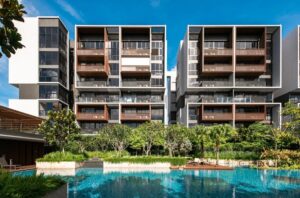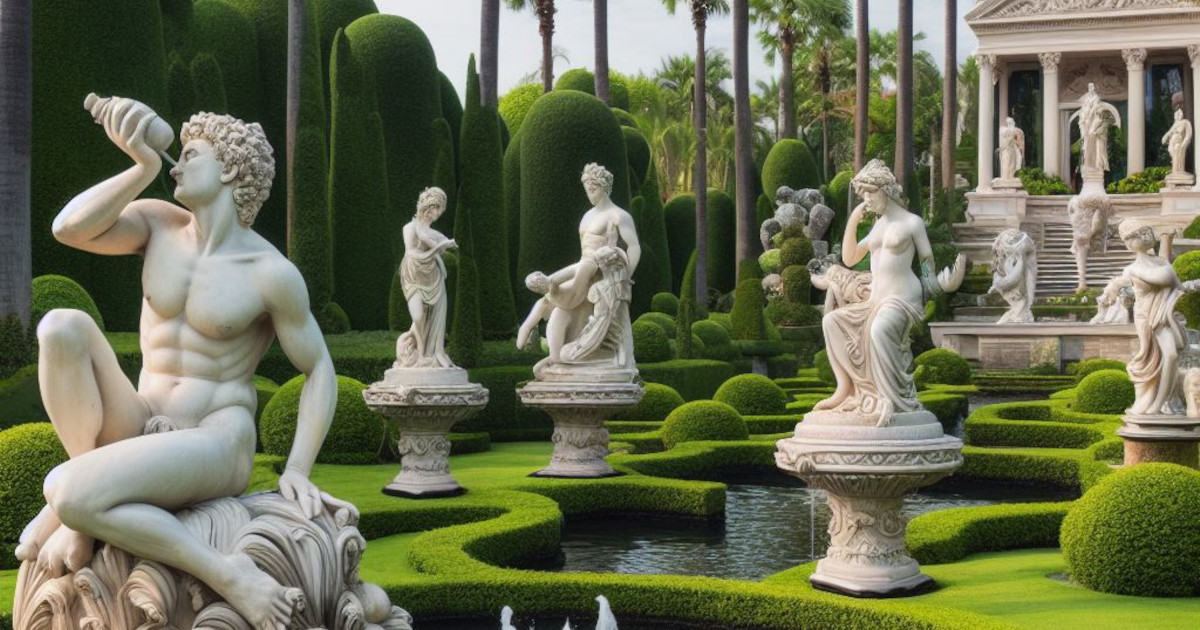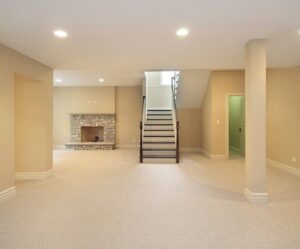Will Zhang Garden become another luxury landmark in Shanghai?

Following four decades of protective renovation, Zhang Back garden (or Zhang Yuan in Chinese) has experienced a new lease on lifestyle. The western component of China’s first contemporary satisfaction yard commenced welcoming site visitors on 1 December 2022 with global luxury labels who had been eyeing the compound, like Bulgari Parfums, Dior, Gucci, Louis Vuitton, Moёt & Chandon and Vacheron Constantin, rushing to seize a foothold in the neighbourhood sitting at the coronary heart of West Nanjing Highway in the metropolis of Shanghai. The most popular and flourishing of business streets, it produced an yearly revenue of 30 billion RMB ($4.30 billion) in 2021, in accordance to the Chinese economic media outlet 21st Economics.
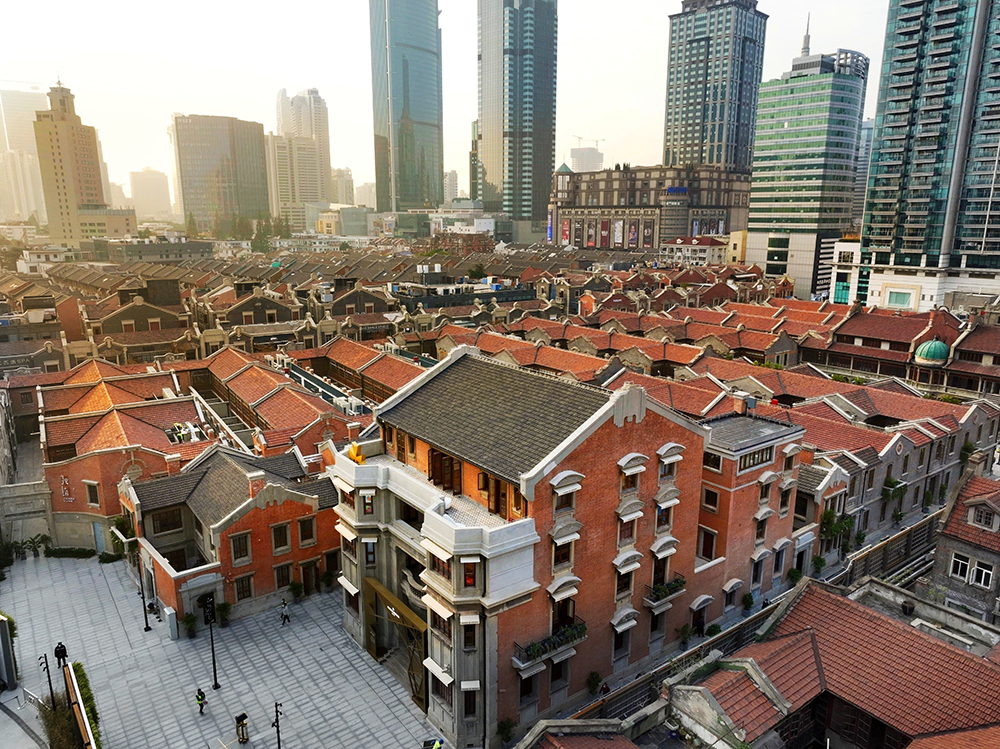
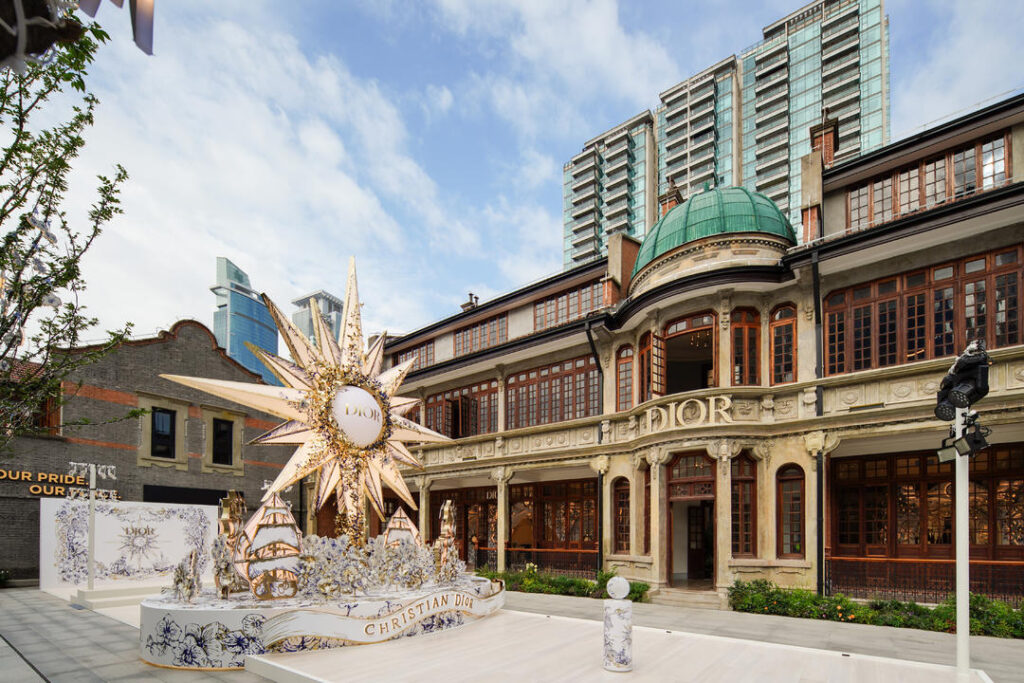
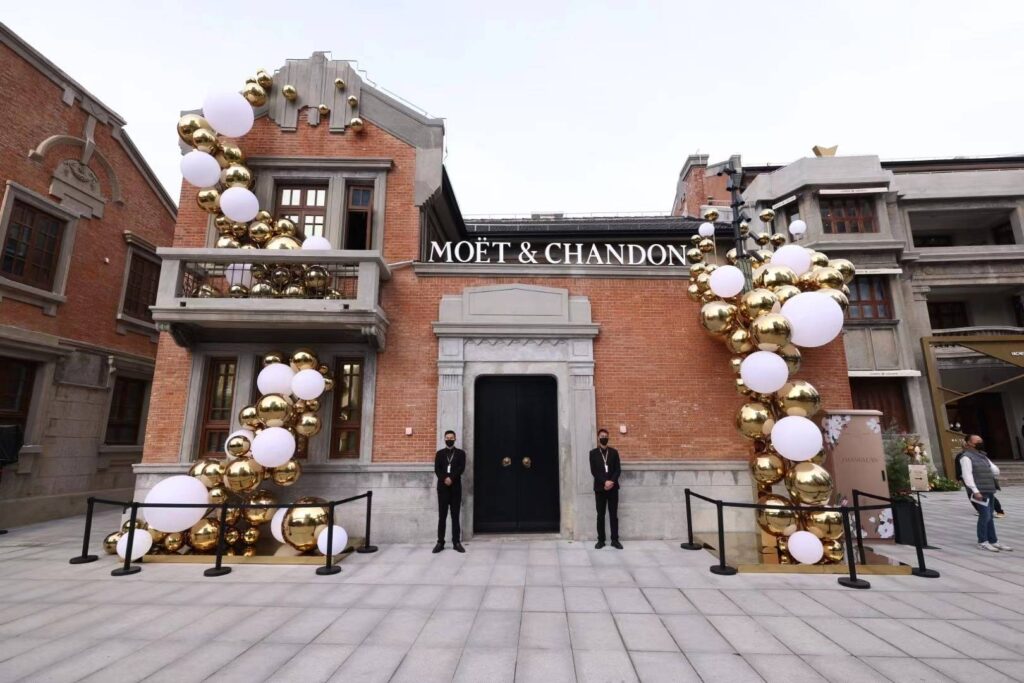
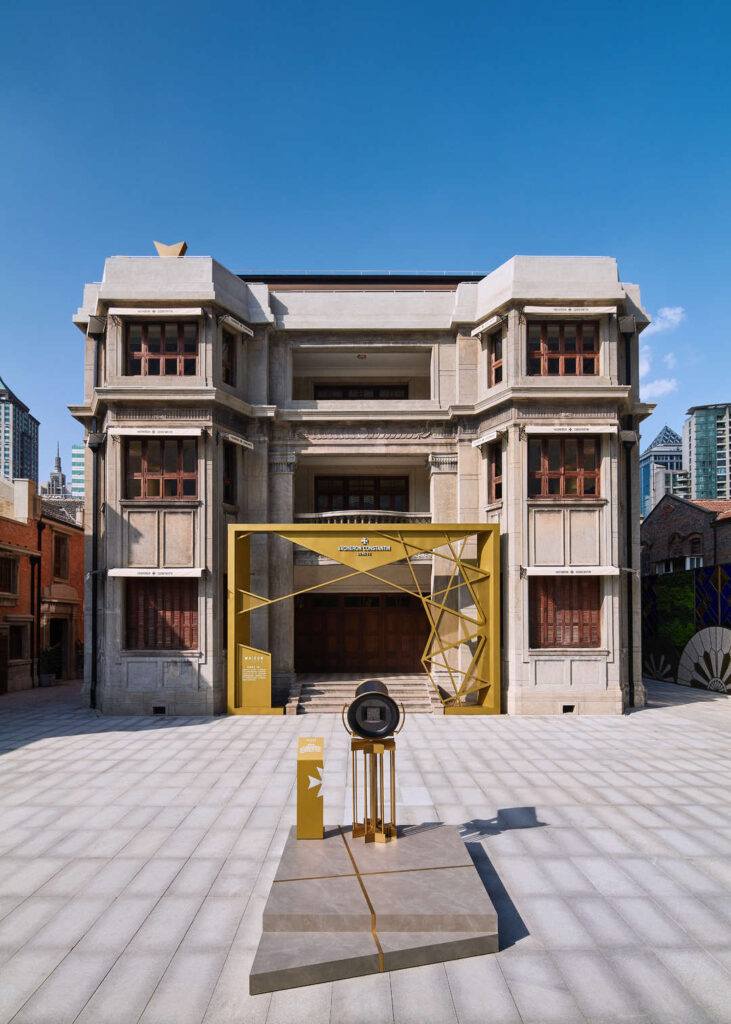
Previously regarded as Arcadia Corridor, the web site was initially built in 1878 as a fairground for foreigners. Zhang Yard came to everyday living afterwards when the location was obtained by Zhang Shuhe in 1882, a businessman from the neighbouring city of Wuxi and was opened up to the public later on. Consequently, it carries on the local heritage of Shikumen (or Stone Warehouse Gate), a typical Shanghainese architectural type that combines Western and common Chinese architecture layouts, which has been labeled as type just one “lilong” (lane homes) residences.
Zhang Back garden is the largest, most exhaustive and diversified setting up complexes of its kind in Shanghai.
“The Shikumen architecture contains of new model lilong, and fantastic mansions and villas,” reported Shen Xiaoming, Zhang Backyard restoration venture designer in an job interview with Chinese media, The Paper, “Zhang Garden bears creative identity, integrity and range.”
With a properly-built-in neighbourhood format, and a vary of historic architectures symbolising unique cultures, Zhang Backyard garden is the premier, most exhaustive and diversified making complexes of its sort in Shanghai. The cultural background has set the compound apart from conventional business complexes, as commented by Hu Danting, advisor for the East China location of the American industrial genuine estate companies and investment company (CBRE), who is also dependable for Zhang Garden’s retailers.
“The historic uniqueness carried by Zhang Garden’s century-aged properties have furnished a bedding ground for big manufacturers, facilitating the integration of brands’ worth and neighborhood history…This has also been a new experiment in experiential retail,” additional Hu.
Property-design and style showcase areas have coincidently been the go-to amongst luxury marketers.
Leveraging the compound’s cultural uniqueness and its household characteristics, residence-design and style showcase areas have coincidently been the go-to amongst these luxurious models in a bid to resonate with the city’s shrewd Gen Z and Millennials through a retro-contemporary way of living.
When Louis Vuitton opened its 1st international home shop with the house’s signature homeware collection Objet Nomades, Dior also debut its legendary Medallion chair, Pass up Dior, established by the French industrial designer Philippe Starck to improve the dwelling ambience.
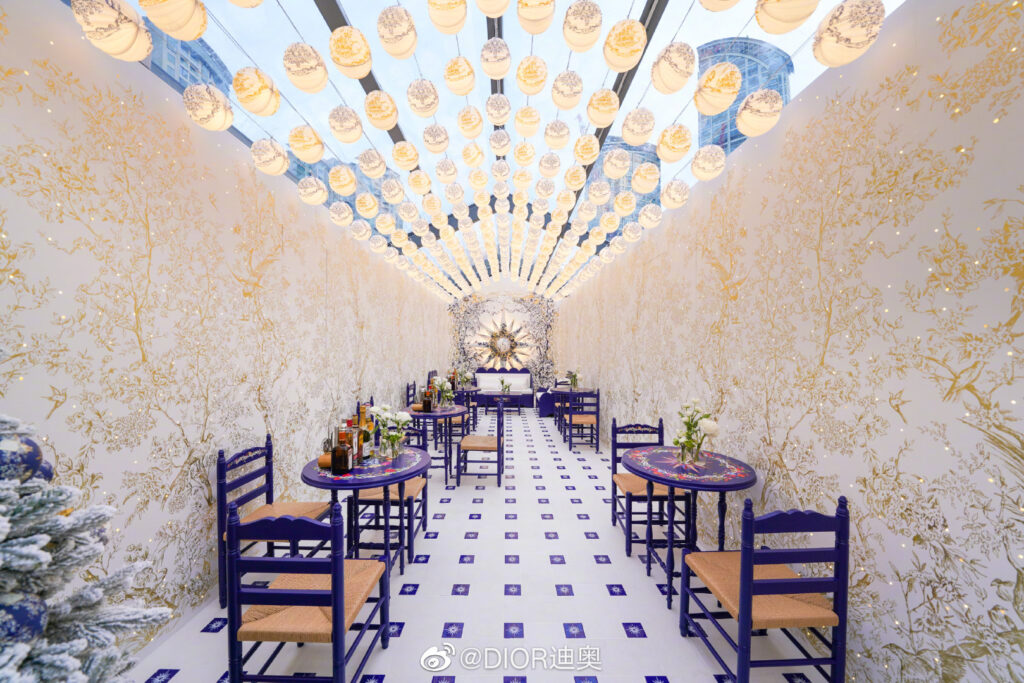
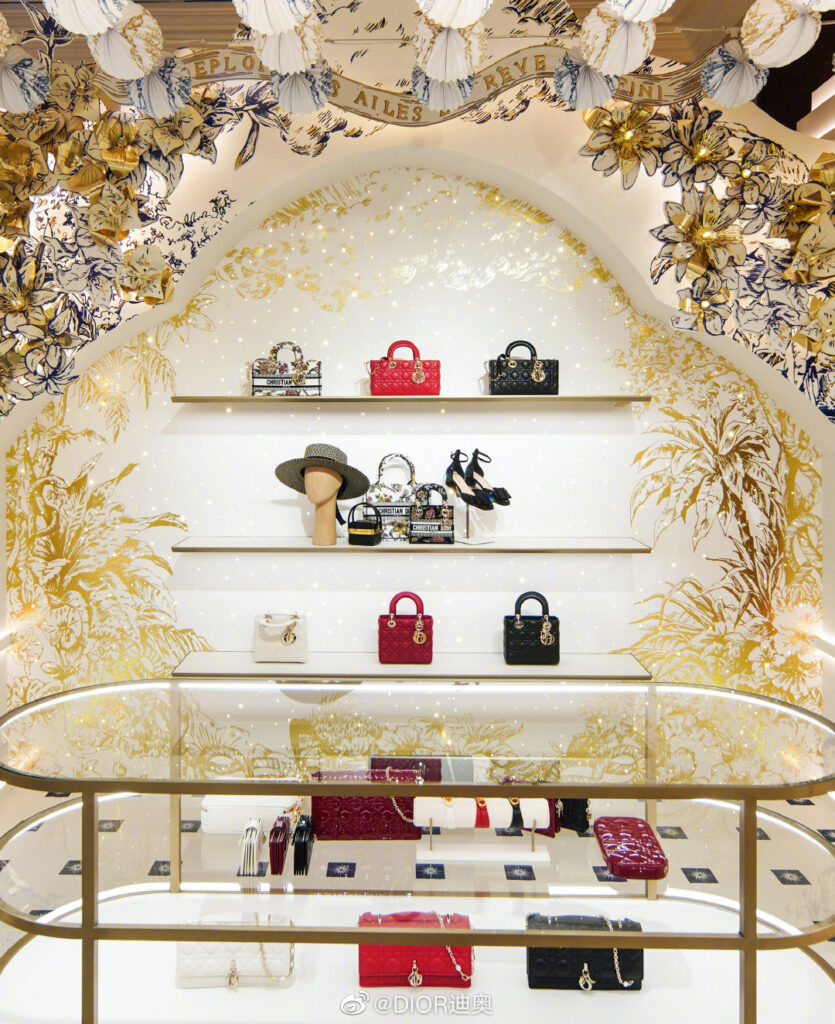
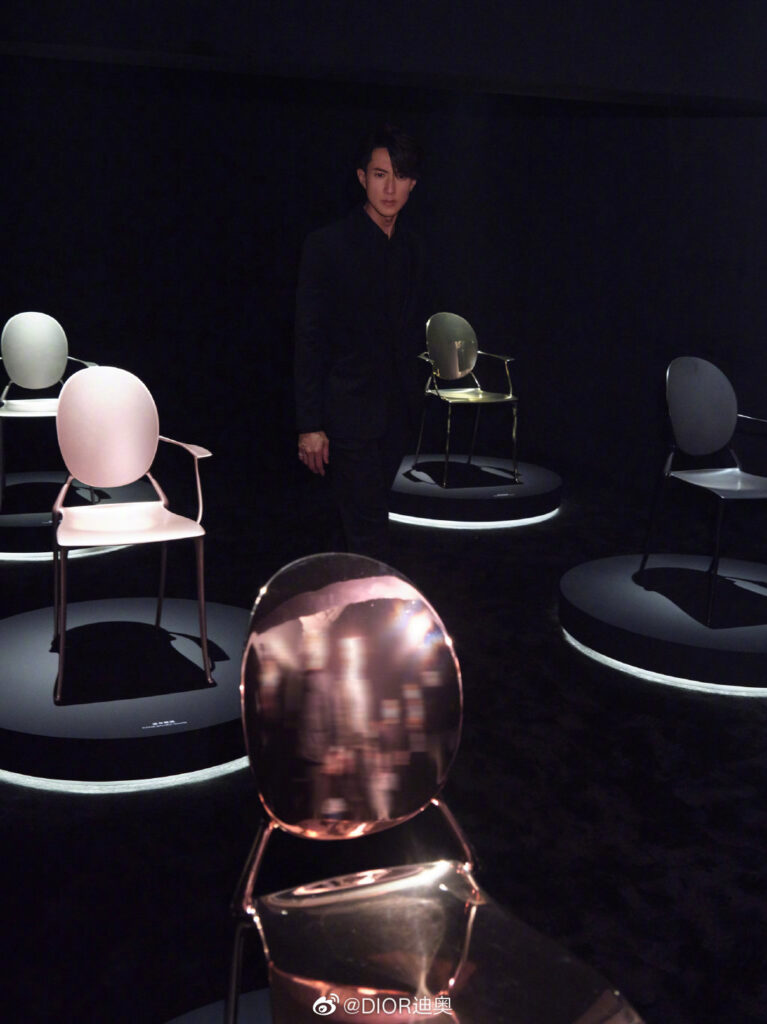
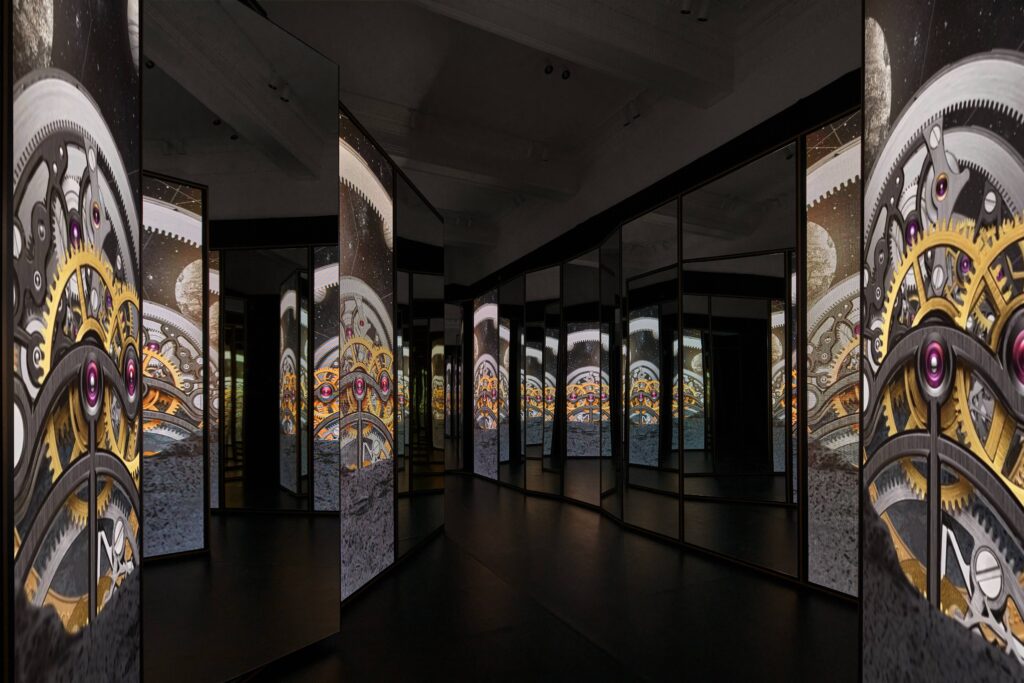
The mansion’s other choices selection from womenswear and menswear to purses and shoes which are exhibited in a cloakroom-like space. And the artistic set up intended by Italian contemporary artist Pietro Ruffo and a lounge area, CAFÉ DIOR has further strengthened the feeling of property.
Zhang Garden carries an invaluable company for luxury marketers to capitalise on provided its in general temper is appropriate with the deluxe positioning.
A different dwelling shop was curated by the Swiss timepiece maker, Vacheron Constantin. Occupying a 4-story creating, the exhibition titled Maison 1755 The Artwork of Time [HOME] offers four chapters which include Inspiration Area, High quality Watchmaking, Imaginary Room and Artwork Place, showcasing the famous collections, its fragile craftsmanship as effectively as artworks made in collaboration with artists from the Central Academy of Wonderful Arts, in which the local’s interpretation of modern-day everyday living in the Chinese town has been recreated.
These brands’ moves have exemplified the cultural and societal values that Zhang Backyard garden embodies, which would also be an priceless company for luxurious marketers to capitalise on thinking of the neighbourhood’s general temper is suitable with their deluxe positioning. This kind of an ecosystem is also in line with their tendency to build much more immersive and experiential pursuits in exchange for greater client engagement with China’s valuable demographics. Therefore, the reopening of Zhang Backyard garden could be a strengthen for gamers in the world’s second-most significant luxurious market place.

